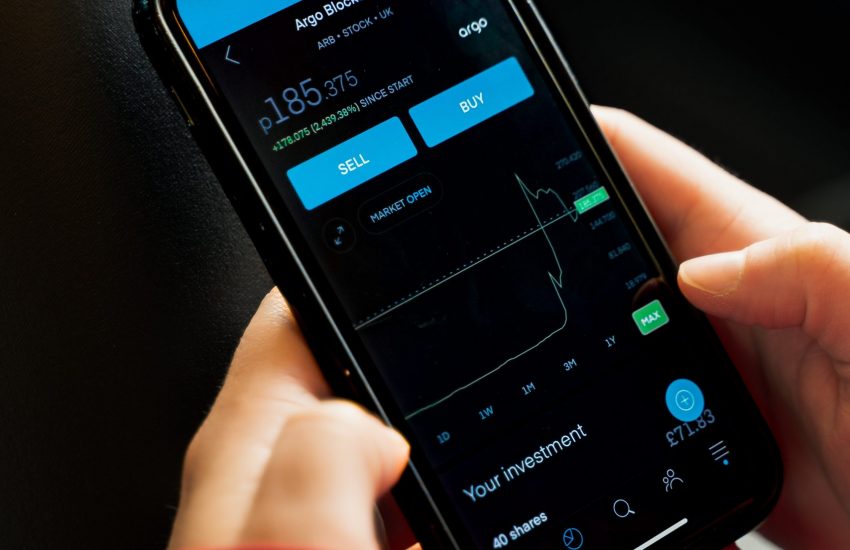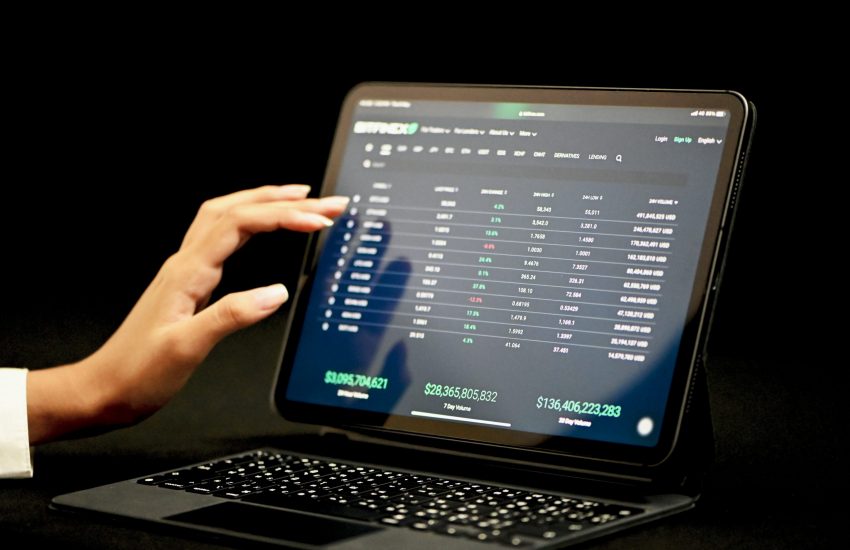How to get into forex trading
Getting into online forex trading may be a good idea if you want to try something more advanced than stock trading. It can be an exciting financial opportunity for traders to take advantage of, provided they trade wisely and have a proper plan. Forex trading also allows beginner traders to compete with large financial institutions such as banks and hedge funds. With technology making investments and trading ever more assessable to retail traders, there is no doubt that forex trading has increased in popularity over the years.
While trading in the forex market is similar to trading in the equity markets, there are several differences traders should be aware of. There are also a few steps that traders must go through before setting up an account and starting trading online. In this article, we break down a few steps so you can better understand how to get into forex trading.
As always, be sure to do your research thoroughly before jumping into a new trading opportunity!
Learn how the forex market works
It is vital that you understand how exactly the forex market works. Although not necessarily extremely complicated, forex trading still requires specialized knowledge before making trades. The leverage ratio regarding forex trading is higher compared to equities and securities. Although this means you can open a large trading position with only a fraction of the price, it also amplifies your risk levels too. Moreover, traders have to keep in mind that what impacts currency prices is different from those of the equity markets. Fortunately, there are plenty of online tutorials, articles, and videos that can help beginners understand the ins and outs of forex trading.
Choose a reputable forex broker
One part of trading successfully is picking a reputable forex broker. You will need to open a forex trading account with a brokerage before getting started. Most forex brokers do not charge commissions. Instead, they charge through your spreads – otherwise known as pips – which are between your buying and selling prices. As always, it is a good idea to take your time and do research before committing to a forex broker. Accredited and trustworthy brokers are crucial before you start trading. When considering which providers to choose, here are a few things to keep in mind:
- Security: You never want to hand over your personal and financial information to an unreputable broker. Checking to see if your broker is registered with your local area’s regulatory body is a good place to start, so you know they are legitimate.
- Ease of deposits: They should make it easy for you to deposit and withdraw any of your funds.
- Ease of use: When beginners first start forex trading, they may find the whole process to be very overwhelming. A good forex broker should provide an easy-to-use and intuitive trading platform that beginners can get the hang of. The platform should also include tools and features that beginners may find useful when forex trading.
- Customer service: If you have any technical issues or are not sure how something works, then it is always good to have customer service on hand. This is especially important for beginners. It is important for those who may need a more robust support structure in place when they trade for the first time. Always make sure your platform has customer service available when you need it.
- Other services: This can include other perks such as low spreads, negative balance protection, and VPS hosting for uninterrupted trading, to name a few.
Pick an account to use
The next step is picking a forex trading account for you to use. After all, you cannot trade without an account to your name! There are a few different types of forex trading accounts that you need to be aware of:
Mini Accounts: This account is best for beginners or those who are just starting to trade forex. This type of account allows traders to enter the market with a lower trading quantity. Therefore, this lowers their chances of potential losses and risks. The downside is that there may not be as many opportunities a trader can take advantage of. Aside from being low-risk, mini-accounts allow traders to experiment with their strategies in real-time conditions without risking a lot of their funds.
Standard Accounts: These are the classic forex trading accounts that most traders use. Although they come with many names, they are simply the regular accounts most brokers offer. Unlike mini accounts, you tend to get better customer service, features, and perks with this type of account. You can also find more opportunities to take advantage of in the forex market. To open a standard account, one must reach a minimum balance or capital requirement.
Managed Accounts: Standard accounts where you put and manage your funds by yourself. But, managed accounts take a more hands-off approach. All buying and selling of forex are left up to your account manager. You only need to give them your objectives, goals, and risk tolerance level. This should be done before your account manager makes trades on your behalf. This can be great if you want more secure trades or do not want to manage your portfolio by yourself. However, these accounts can be a hefty investment as managers make commissions off of you. This is done in the form of monthly maintenance fees.
Build a trading plan
Having a solid trading plan in place is essential if you want to do well in forex trading. Especially if you are new to doing so. A trading plan allows you to be more rational when trading so that you will not panic if the market moves unfavorably. You will also be less likely to commit revenge trading in desperation. A trading plan further allows you structure for when you make or exit a trade.
Good trading strategies are based on your financial situation, your risk tolerance level, and the funds you are willing to put forth trading. You can use analysis tools that can help you out with your forex trading strategy. Furthermore, you may also want to keep an eye out for economic announcements or current events happening. Since the forex market is so volatile, any real-world changes are sure to impact how the market is doing, and therefore the trades you make.



